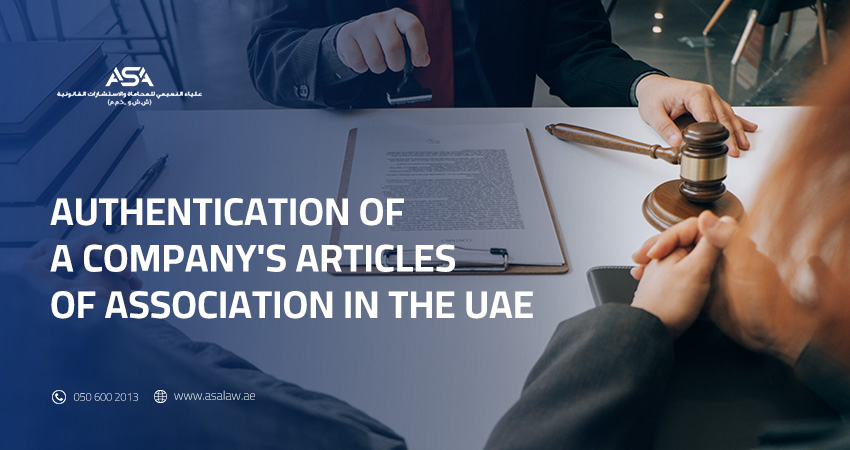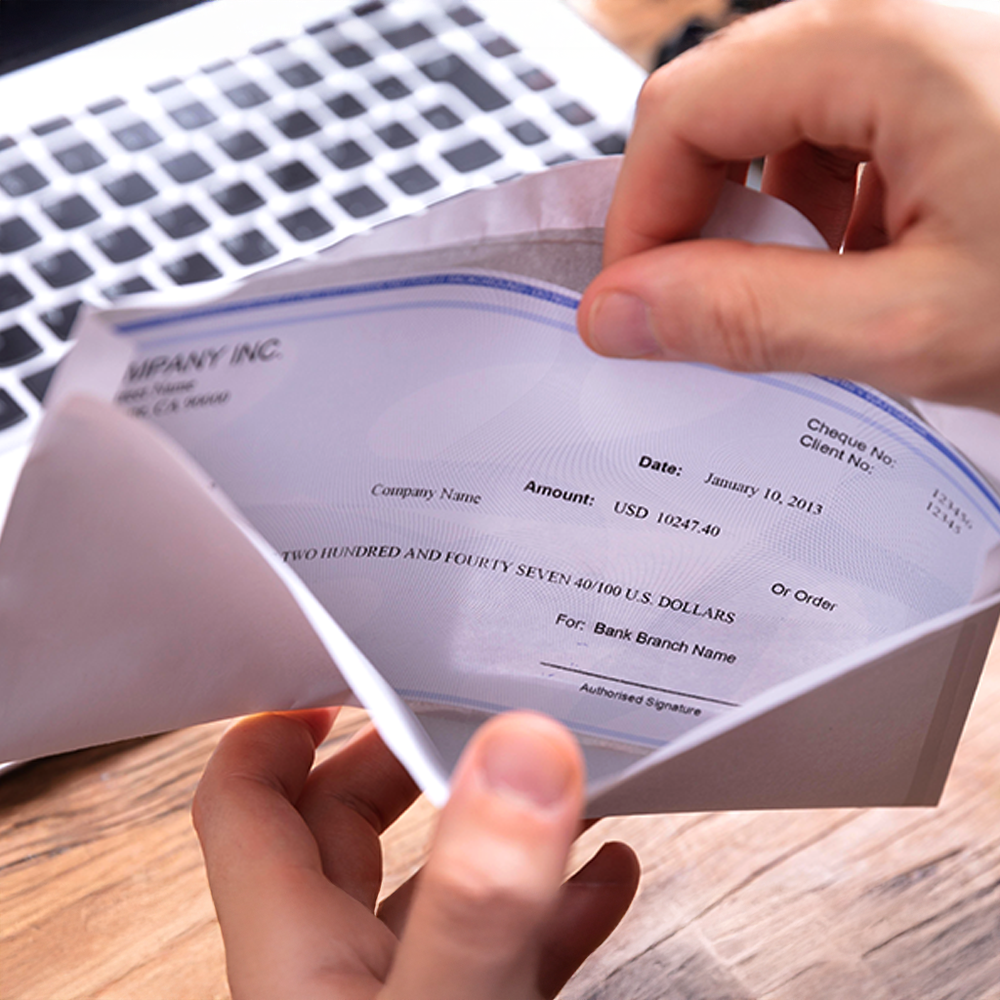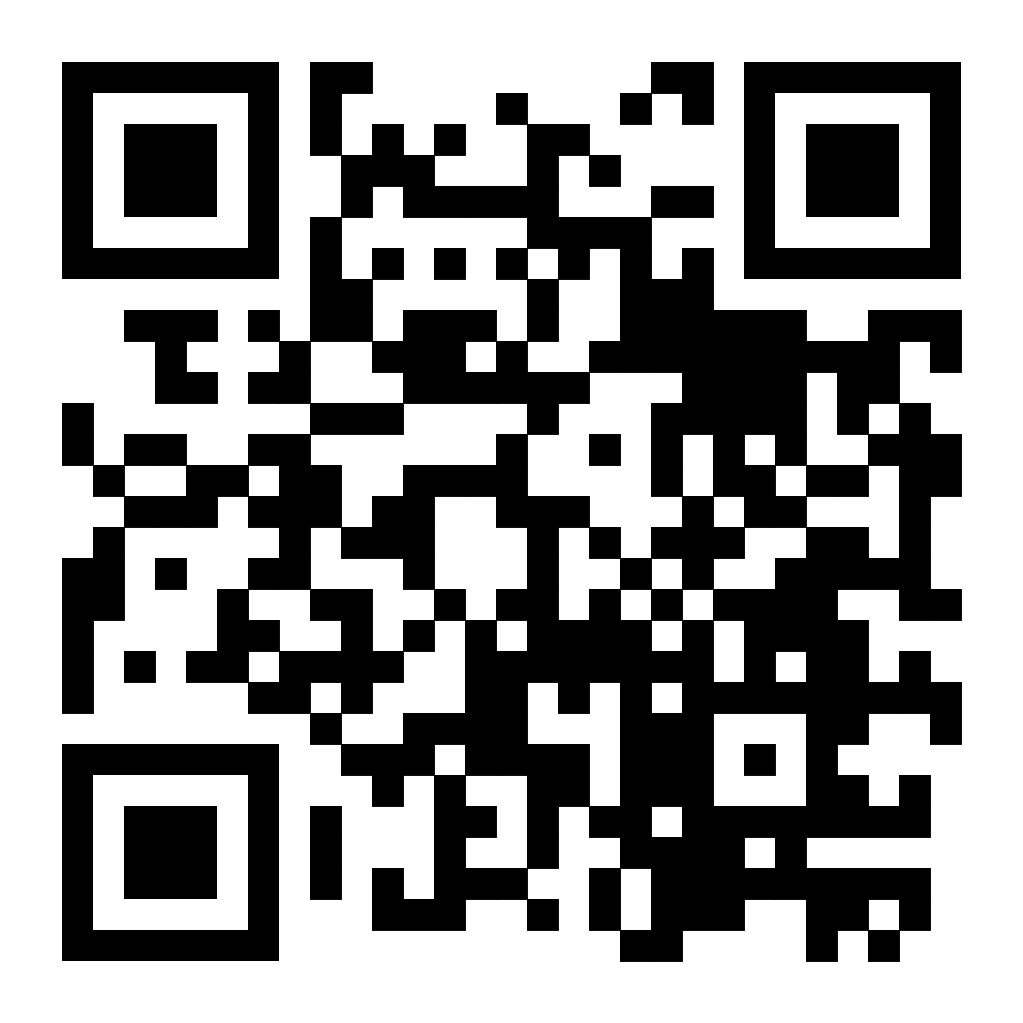The UAE Commercial Transactions Law No. 14 of 2020 introduced significant amendments regarding bounced checks, including the decriminalization of issuing checks without sufficient funds. This reform allows beneficiaries to directly enforce bounced checks through expedited and streamlined procedures, ensuring rapid collection and maintaining the check’s status as a recognized financial instrument.
Definition and Causes of a Bounced Check
A bounced check occurs when the bank account linked to the check lacks sufficient funds to cover the check amount fully or partially. Such a check is considered an enforceable document, enabling the holder to file an enforcement case before the Execution Judge and open an enforcement file to collect the check value wholly or partially.
Criminal Offenses Related to Checks in UAE Law
Despite decriminalizing checks without funds, criminal liability remains in the following cases:
- Fraudulent issuance of a check, including unlawful bank orders not to honor the check before maturity.
- Forgery or misuse of checks.
- Closing or freezing the account or withdrawing all funds before presenting the check.
- Deliberate alteration or signature manipulation preventing check payment.
Timeframe for Presenting Checks for Payment
According to Article 618, checks must be presented for payment within six months from the issue date, whether drawn domestically or internationally. Failure to present within this timeframe does not forfeit the holder’s right to claim the amount but may limit civil recourse against the drawer.
Partial Payment of Checks
Partial payment means paying part of the check amount, partially releasing the drawer and endorsers from liability. The holder may accept or reject partial payment. Banks cannot refuse partial payment if accepted by the holder and must endorse the check accordingly, providing the holder with the original check and a partial payment certificate.
Mechanism for Partial Payment Enforcement
Under Article 617, if available funds are less than the check amount, the bank must pay the available amount unless the holder refuses. Each partial payment must be endorsed on the back of the check with a certificate issued to the holder. The holder retains the right to claim the remaining amount through legal procedures.
Bank’s Role in Enforcing Partial Payments
Banks must notify the Central Bank about bounced or partially paid checks, educate staff and customers on legal amendments, clarify rights and obligations, and provide accessible channels for complaints and inquiries.
Impact of Bounced Checks on Credit Reports and Checkbook Issuance
Bounced checks and partial payments are reported to the Al Etihad Credit Bureau (AECB), affecting credit scores. Accounts with four bounced checks within a year may face a two-year freeze, extended to three years upon recurrence, with restrictions on issuing new checkbooks.
Initiating Enforcement Proceedings for a Bounced Check
The check holder or legal representative must file an enforcement claim with supporting documents, including bank certificates, identification, and legal authorizations. The Execution Judge may impose travel bans on the debtor and order asset seizures to recover the check amount.
Frequently Asked Questions (FAQs)
- Can bounced checks be enforced without criminal proceedings?
Yes, under the new law, enforcement is primarily a civil process unless forgery or fraud is involved. - Can the holder accept partial payment of a check?
Yes, the holder can choose to accept or reject partial payment based on their interest. - What happens if a check is not presented within six months?
The holder retains the right to claim the amount, but civil recourse against the drawer may be limited. - How do bounced checks affect creditworthiness?
Bounced checks are reported to credit bureaus and may lead to account freezes and refusal to issue new checkbooks.
At Alya Salem Al Nuaimi Law Firm & Debt Collection our experienced legal team provides prompt and effective enforcement of bounced checks, ensuring clients’ rights are fully protected through all judicial procedures.






